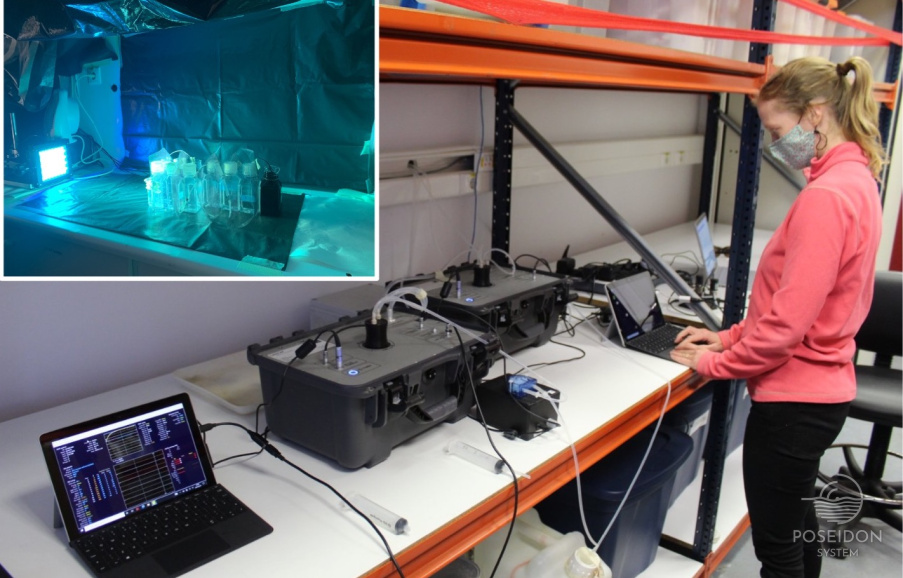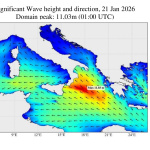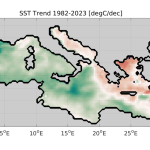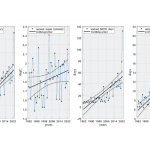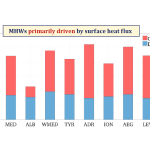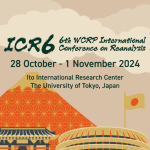A Single Turnover Active Fluorometry sensor LabSTAF was tested successfully in the oligotrophic Cretan Sea
In late October 2021, a JERICO-S3 Transnational Access (TA) workshop named EuroFluoro took place, following a Chelsea Technologies Ltd (CTL) application. It was hosted at HCMR Poseidon Calibration lab and Plankton ecology lab located in Crete. It provided tests of a new Single Turnover Active Fluorometry sensor LabSTAF with two initial aims: a) to test the limits of detection of LabSTAF under oligotrophic conditions, and b) to compare with conventional primary production measurements by 14C-tracer incubation. The ultimate aim is to allow a transition to an easy non-hazardous, highly automated and non-invasive estimate of phytoplankton primary production. The TA was organised jointly by CTL and the JERICO-S3 Cretan Sea Pilot Super Site partners (HCMR, NIVA, SYKE, CNRS-MIO).
The first results indicated that the instrument successfully coped even with the lowest primary production levels. Data processing, including comparison with 14C measurements is ongoing, after which, in the near future, CTL together with JERICO-S3 intend to present them to a wide audience. Furthermore, CTL and Cretan Sea PSS partners expressed their interest to make a step further in STAF sensors tests in May 2022, when a mesocosm experiment of AQUACOSM-plus will take place at the HCMR mesocosm facility CretaCosmos, in collaboration with JERICO-S3.



